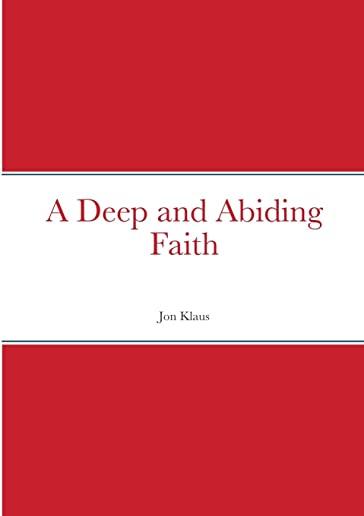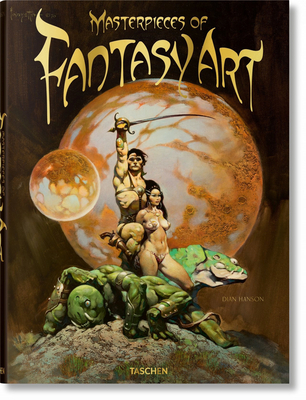
description
Society of Church History
S-USIH Book Award, Society for U.S. Intellectual History
Merle Curti Award in Intellectual History, Organization of American Historians "A fascinating book...Gin Lum suggests that, in many times and places, the divide between Christian and 'heathen' was the central divide in American life."--Kelefa Sanneh, New Yorker "Offers a dazzling range of examples to substantiate its thesis. Rare is the reader who could dip into it without becoming much better informed on a great many topics historical, literary, and religious. So many of Gin Lum's examples are enlightening and informative in their own right."--Philip Jenkins, Christian Century "Brilliant...Gin Lum's writing style is nuanced, clear, detailed yet expansive, and accessible, which will make the book a fit for both graduate and undergraduate classrooms. Any scholar of American history should have a copy." --Emily Suzanne Clark, S-USIH: Society for U.S. Intellectual History In this sweeping historical narrative, Kathryn Gin Lum shows how the idea of the heathen has been maintained from the colonial era to the present in religious and secular discourses--discourses, specifically, of race. Americans long viewed the world as a realm of suffering heathens whose lands and lives needed their intervention to flourish. The term "heathen" fell out of common use by the early 1900s, leading some to imagine that racial categories had replaced religious differences. But the ideas underlying the figure of the heathen did not disappear. Americans still treat large swaths of the world as "other" due to their assumed need for conversion to American ways. Race continues to operate as a heathen inheritance in the United States, animating Americans' sense of being a world apart from an undifferentiated mass of needy, suffering peoples. Heathen thus reveals a key source of American exceptionalism and a prism through which Americans have defined themselves as a progressive and humanitarian nation even as supposed heathens have drawn on the same to counter this national myth.
S-USIH Book Award, Society for U.S. Intellectual History
Merle Curti Award in Intellectual History, Organization of American Historians "A fascinating book...Gin Lum suggests that, in many times and places, the divide between Christian and 'heathen' was the central divide in American life."--Kelefa Sanneh, New Yorker "Offers a dazzling range of examples to substantiate its thesis. Rare is the reader who could dip into it without becoming much better informed on a great many topics historical, literary, and religious. So many of Gin Lum's examples are enlightening and informative in their own right."--Philip Jenkins, Christian Century "Brilliant...Gin Lum's writing style is nuanced, clear, detailed yet expansive, and accessible, which will make the book a fit for both graduate and undergraduate classrooms. Any scholar of American history should have a copy." --Emily Suzanne Clark, S-USIH: Society for U.S. Intellectual History In this sweeping historical narrative, Kathryn Gin Lum shows how the idea of the heathen has been maintained from the colonial era to the present in religious and secular discourses--discourses, specifically, of race. Americans long viewed the world as a realm of suffering heathens whose lands and lives needed their intervention to flourish. The term "heathen" fell out of common use by the early 1900s, leading some to imagine that racial categories had replaced religious differences. But the ideas underlying the figure of the heathen did not disappear. Americans still treat large swaths of the world as "other" due to their assumed need for conversion to American ways. Race continues to operate as a heathen inheritance in the United States, animating Americans' sense of being a world apart from an undifferentiated mass of needy, suffering peoples. Heathen thus reveals a key source of American exceptionalism and a prism through which Americans have defined themselves as a progressive and humanitarian nation even as supposed heathens have drawn on the same to counter this national myth.
member goods
No member items were found under this heading.
Return Policy
All sales are final
Shipping
No special shipping considerations available.
Shipping fees determined at checkout.







